
#ArcticEVRoadTrip Day 21 Review: Germany / Netherlands border to Kent, UK
Well, this is it! On the final day of our remarkable journey, we travelled from the Germany / Netherlands border back to our starting point
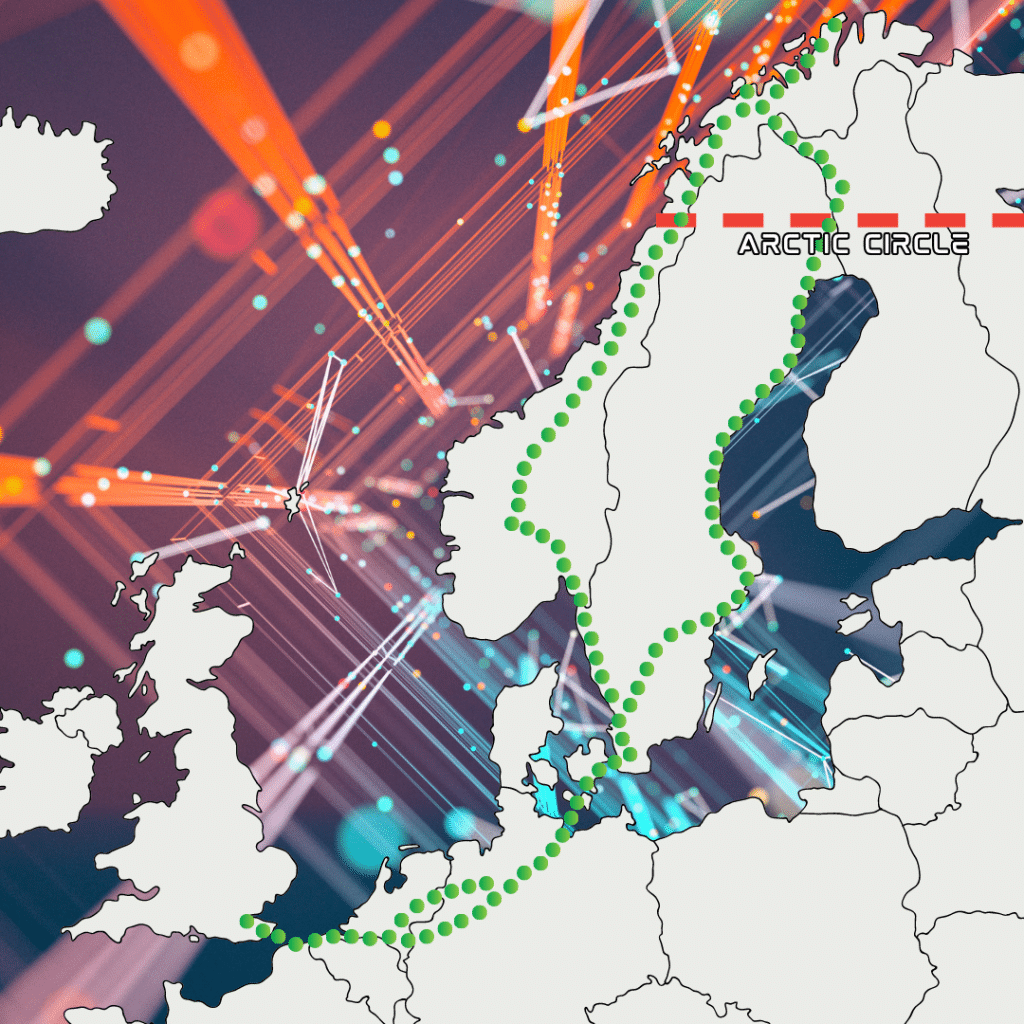
Electric vehicles are mainstream. The time for early adopters is over; we’re in full rollout mode now. We went road tripping from the UK to the top of mainland Europe and back again. Over 8,000km in three weeks, with fixed destinations each night but without any charge planning until we got in the car each morning.
It’s a real-life demo of the state of charging infrastructure, what EVs can do, the reliability of the tech and the joy of a zero emission road trip.
Route can take up to 10 seconds to load
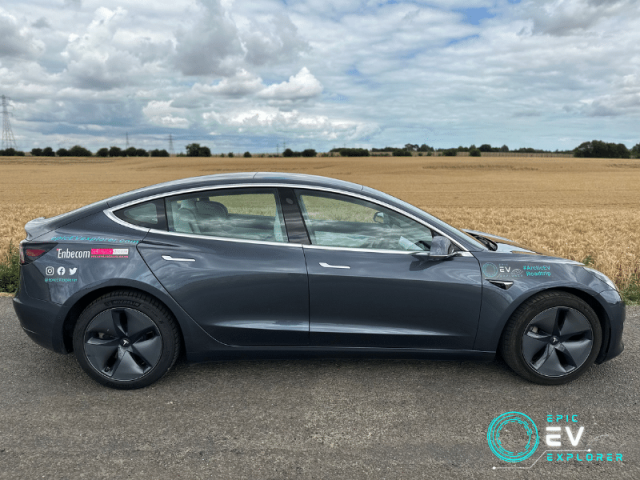
A realistic experience, using a pre-refresh 2020 Tesla Model 3 with over 30,000 miles on the clock

Well, this is it! On the final day of our remarkable journey, we travelled from the Germany / Netherlands border back to our starting point

Yesterday, on Day 20 of our journey, we left the beautiful city of Helsingborg and drove towards the Germany / Netherlands border, a significant milestone

On day 19, after a refreshing and well-earned break, we resumed our EV journey. We said goodbye to the vibrant Norwegian capital – and, after

Day 15 (Wednesday 9th) was by far the most difficult part of the #ArcticEVRoadTrip. We faced flooding, power cuts, closed roads, long diversions and several

Yesterday, on Day 14 of our epic journey, we embarked on a route that would take us through the world’s longest road tunnel. Leaving the

Yesterday marked Day 13 of our journey. Leaving behind the tranquil landscapes of Grong, we embarked on a journey through Norway’s ancient history and modern

Yesterday, on Day 12 of our exciting electric journey, we continued our exploration of Norway’s awe-inspiring landscapes. We left the peaceful coastal village of Bognes

Yesterday, on the eleventh day of our journey, we travelled from the buzzing city of Tromsø to the peaceful village of Bognes. It was a
Electric vehicles are one step – but a significant step – on the path to a more eco-friendly future. Welcome to our site, with details of our long-distance electric vehicle road trips and adventures, plus the latest on electric car batteries, software and other innovations. We also take an in-depth look at e-scooter and e-bike news, plus give guidance on managing your electric vehicle and inspiration for places to visit. We encourage anyone interested in electric vehicles to keep an eye on this site and our social media channels for all the latest on our road trips and discoveries along the journey.
The popularity of electric vehicles (EVs) is growing rapidly around the world. In the UK, for example, the number of EVs registered has increased by over 100% in 2022-2023. This growth is being driven by a number of factors, including government incentives, increasing range anxiety, and the growing availability of charging infrastructure.
Some countries are ahead of the curve when it comes to charging infrastructure. For example, Norway has over 100,000 public charging points, and it is estimated that there is now more charging capacity in Norway than there are petrol stations. Other countries with a strong commitment to EVs include the Netherlands, Denmark, and Sweden.
The future of EV charging is likely to be shaped by a number of factors, including the development of new technologies, such as wireless charging and bidirectional charging. These technologies could make it easier and more convenient to charge EVs, and they could also help to reduce the cost of charging.
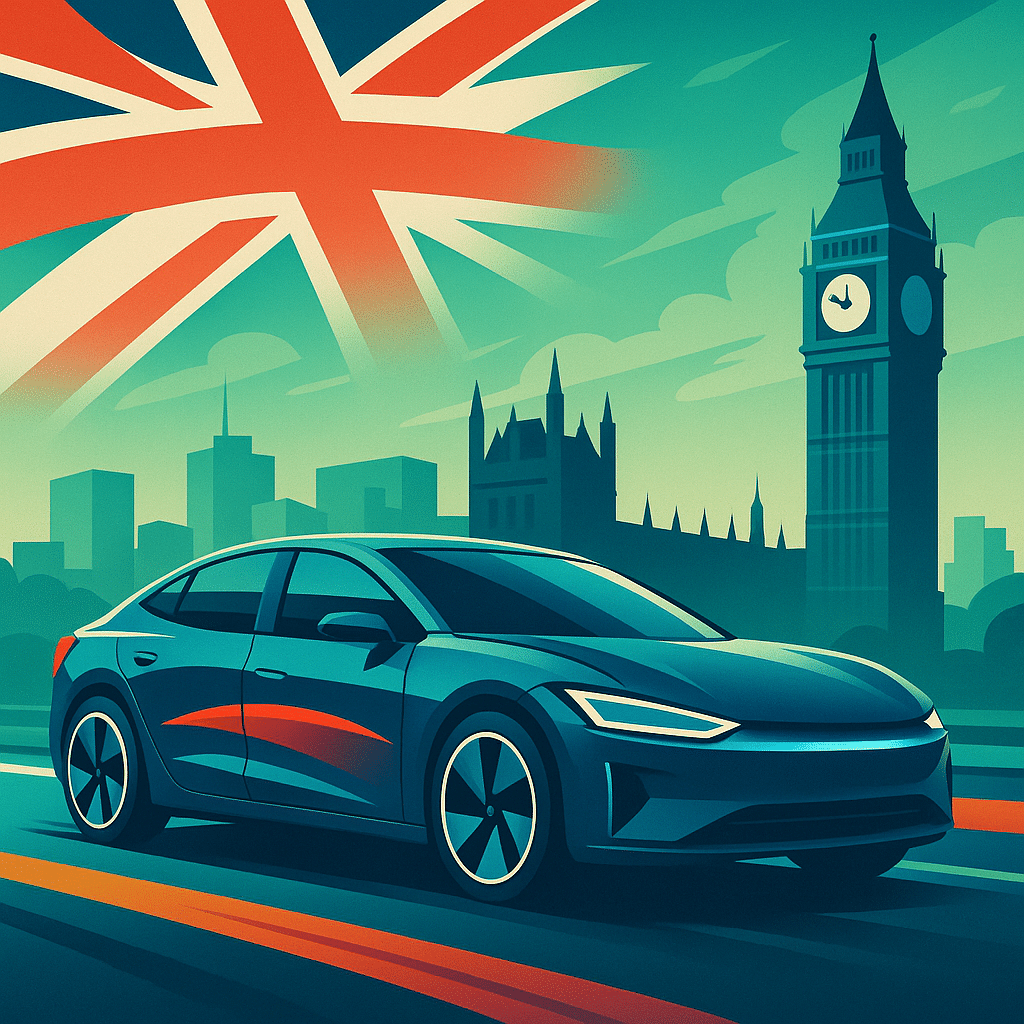
July 2025 was an eventful month for the UK’s electric vehicle (EV) sector, with new policy announcements, sales data and vehicle launches demonstrating how fast
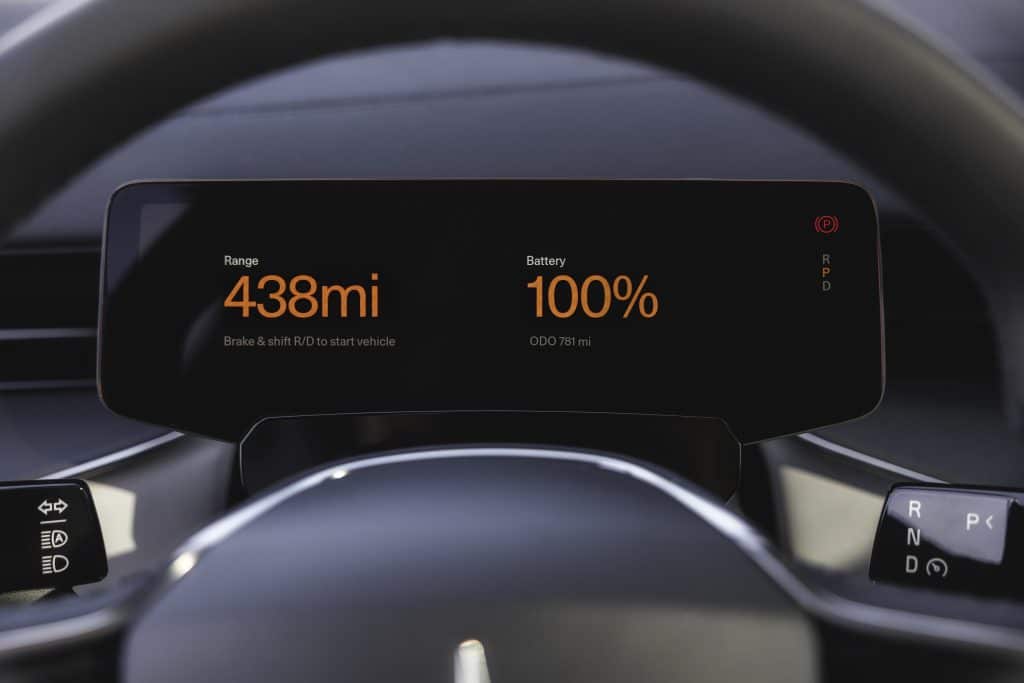
Polestar’s flagship SUV, the Polestar 3 Long range Single motor, has achieved a remarkable milestone with an official WLTP-certified range of up to 438 miles.
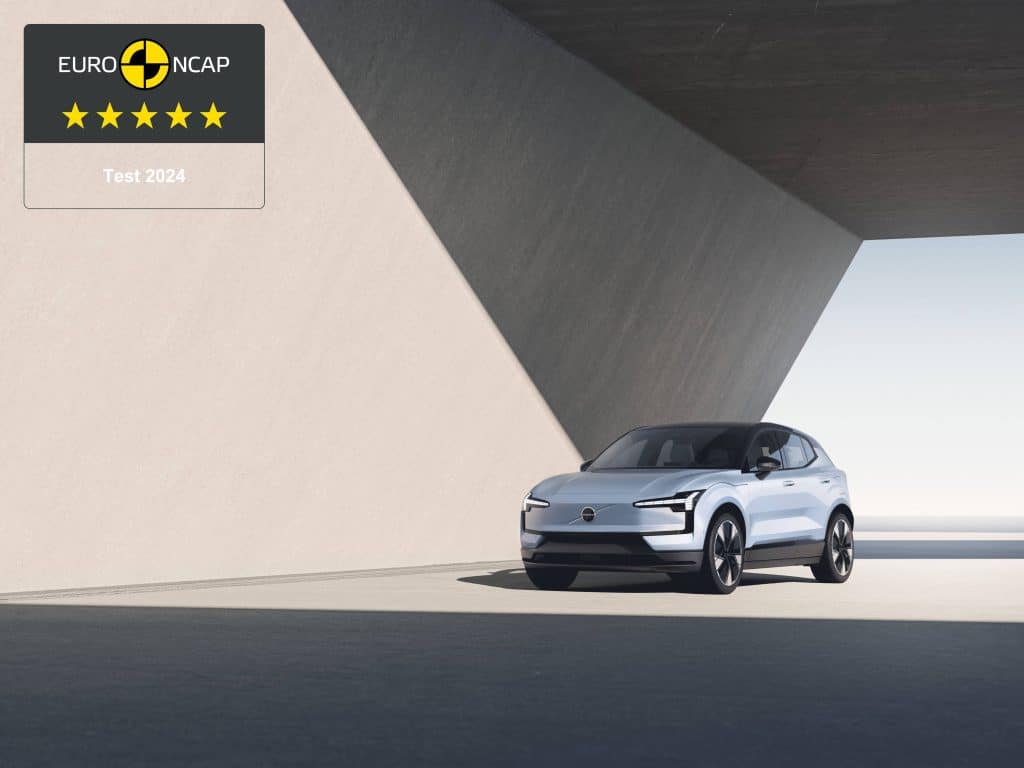
Volvo has once again proven why it’s synonymous with automotive safety. Its newest fully electric compact SUV, the Volvo EX30, has scored the coveted five-star
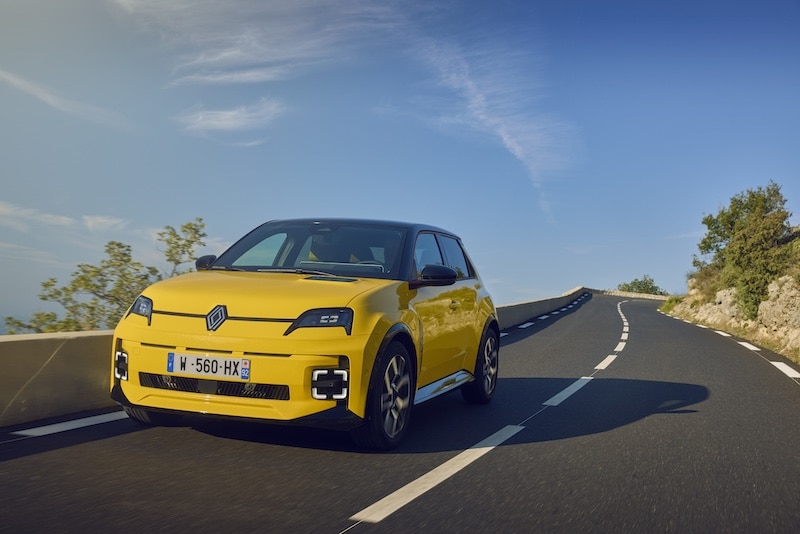
Renault continues to make waves in the world of electric mobility, with two of its standout models—the Renault 5 E-Tech 100% electric and Alpine A290—being
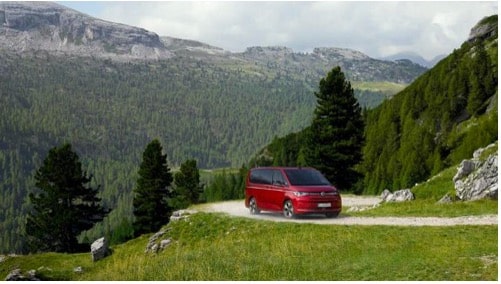
Volkswagen Commercial Vehicles has just released electrifying updates for two iconic models: the Multivan and the California camper. Now equipped with a progressive plug-in hybrid

Mark your calendars for Thursday, November 7, at 14:00 GMT, as Bentley Motors gears up to make history with the announcement of its very first

Ariel Motor Company, famed for its innovative approach in automotive engineering, has unveiled its latest venture into the world of electric bicycles with the Ariel
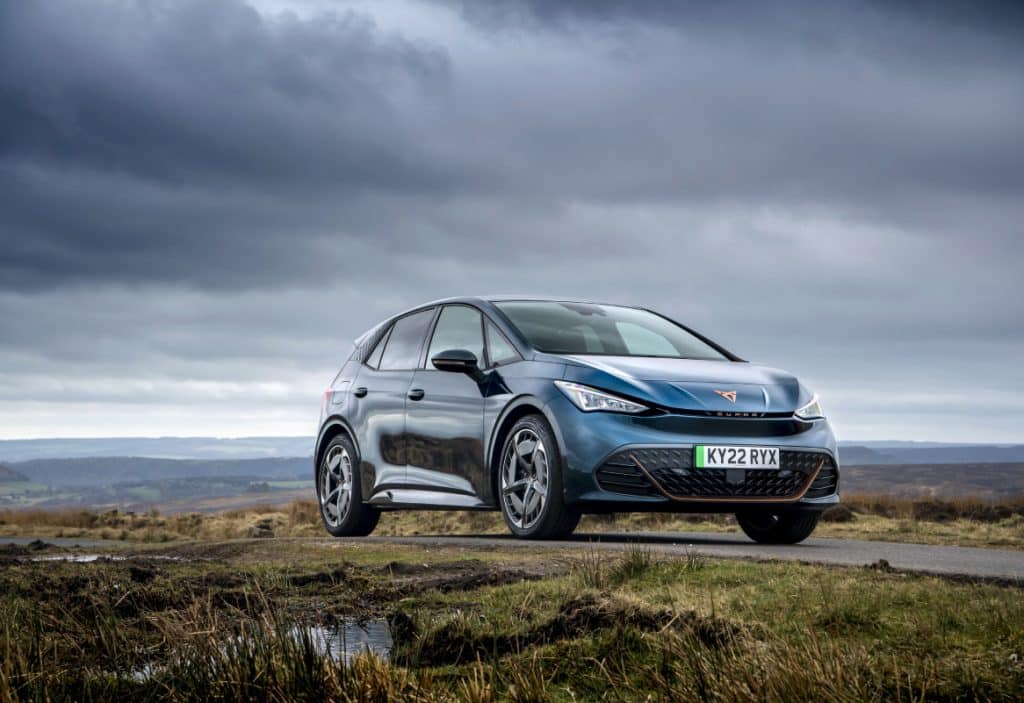
CUPRA has taken significant steps to enhance the accessibility of its debut fully electric model, CUPRA Born, by slashing prices by £2,350 across the range,